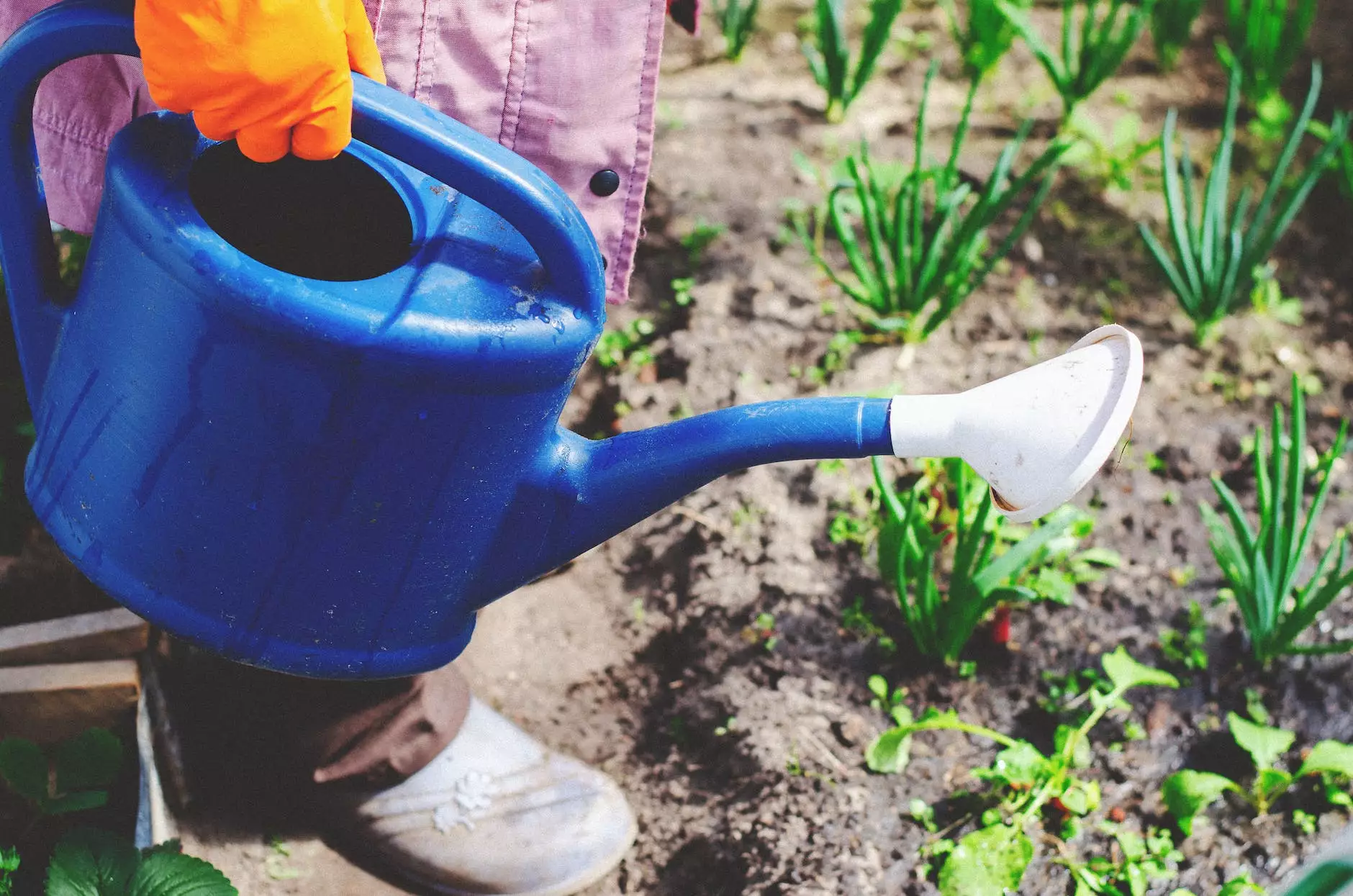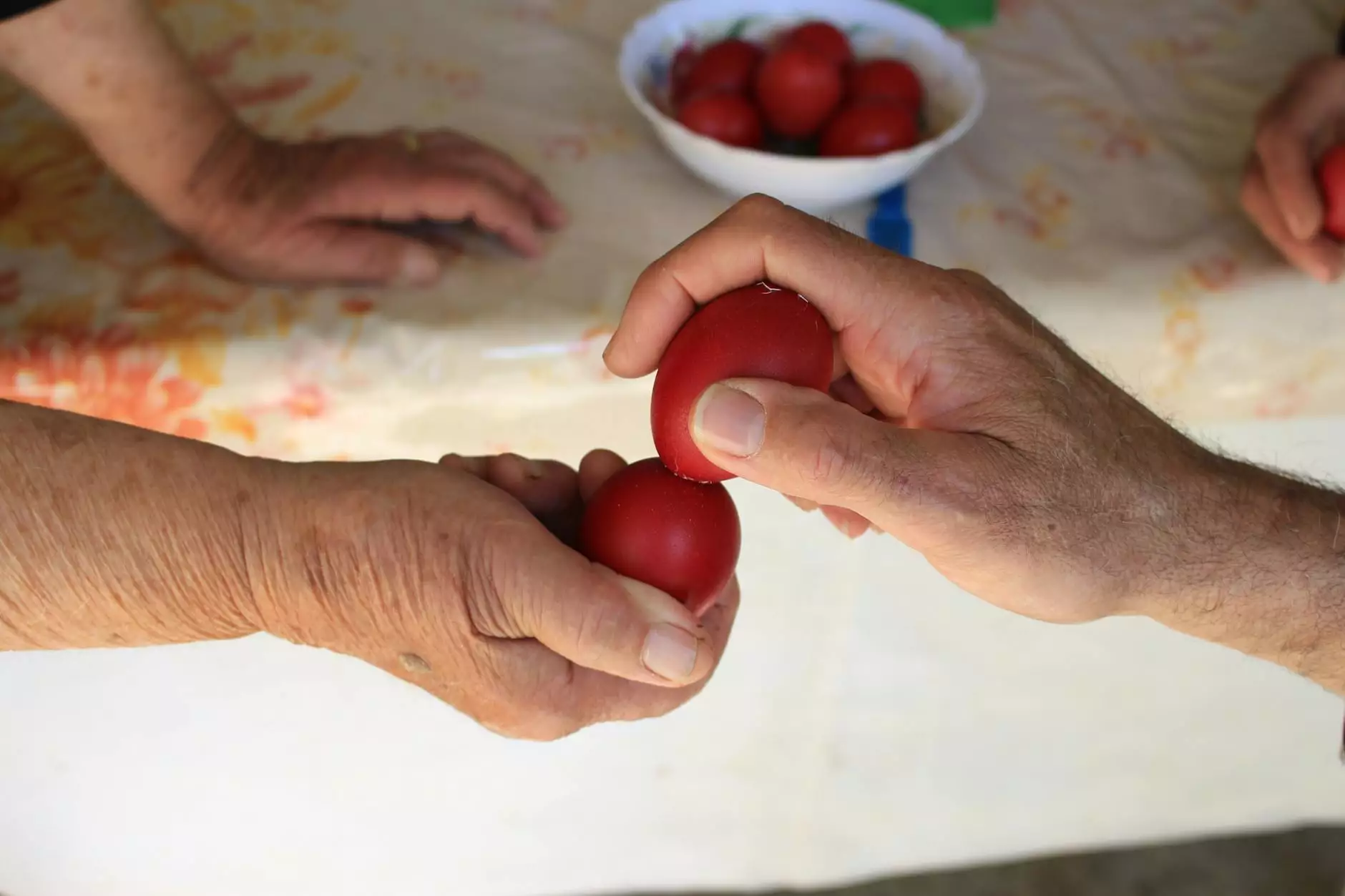The Benefits of Using Cornmeal in Your Garden

Introduction
Welcome to Friendly Organics Canada, your ultimate destination for all things related to specialty food, health markets, and organic stores. In this article, we will explore the incredible benefits of integrating cornmeal into your gardening routine. We'll delve into how cornmeal promotes plant growth, enhances soil fertility, and provides sustainable solutions for organic farming practices. Let's uncover the secrets behind this remarkable gardening tool!
What is Cornmeal?
Cornmeal, derived from ground corn, is a staple ingredient used in various culinary applications. However, its benefits extend beyond the kitchen. When used as a soil amendment in gardening, cornmeal offers remarkable advantages that contribute to successful plant growth and overall garden health.
Promoting Healthy Plant Growth
One of the key benefits of utilizing cornmeal in your garden is its ability to promote healthy plant growth. The natural enzymes present in cornmeal release beneficial microorganisms into the soil. These microorganisms aid in breaking down organic matter, allowing plants to absorb essential nutrients more efficiently.
Furthermore, cornmeal acts as a natural fertilizer, providing plants with a source of nitrogen and phosphorus. These nutrients are crucial for plant development, helping to enhance root growth, improve flowering, and increase fruit production.
Enhancing Soil Fertility
Another advantage of incorporating cornmeal into your garden is its ability to enhance soil fertility. The organic matter in cornmeal enriches the soil, improving its structure and overall nutrient content. By adding cornmeal to the soil, you provide a long-lasting food source for beneficial soil organisms, including earthworms and beneficial bacteria.
These soil organisms work tirelessly to break down organic matter, releasing nutrients that were previously inaccessible to plants. As a result, your garden soil becomes more fertile over time, promoting healthier and more robust plant growth.
Controlling Weeds Naturally
Struggling to keep those pesky weeds under control? Look no further than cornmeal! When applied around plants or sprinkled over the soil, cornmeal forms a natural barrier that inhibits weed seed germination. This is due to the presence of a particular compound in cornmeal called corn gluten meal. By acting as a pre-emergent herbicide, cornmeal helps in reducing weed growth without the need for harmful synthetic chemicals.
By effectively suppressing weed germination, cornmeal gives your garden plants a competitive advantage by minimizing weed competition for nutrients, sunlight, and water resources.
Supporting Organic Farming Practices
For those passionate about organic farming practices, cornmeal is an invaluable tool to support your efforts. As a natural and eco-friendly soil amendment, cornmeal aligns perfectly with the principles of organic gardening. By avoiding synthetic fertilizers and herbicides, you can create a sustainable and environmentally responsible garden.
By integrating cornmeal into your organic farming practices, you actively contribute to the preservation of our ecosystem and maintain the health of pollinators. Cornmeal encourages the growth of beneficial soil organisms, provides essential nutrients to plants, and reduces the reliance on chemical inputs, ensuring a healthier and more sustainable garden ecosystem.
Conclusion
Incorporating cornmeal into your garden offers a myriad of benefits. From promoting healthy plant growth to enhancing soil fertility and supporting organic farming practices, cornmeal is a versatile and valuable tool for every gardener. At Friendly Organics Canada, we understand the immense positive impact cornmeal can have on your garden. That's why we offer a wide range of specialty food, health markets, and organic store products, including high-quality organic cornmeal, to help you achieve your gardening goals. Discover the power of cornmeal and elevate your garden to new heights of success!
cornmeal in the garden








